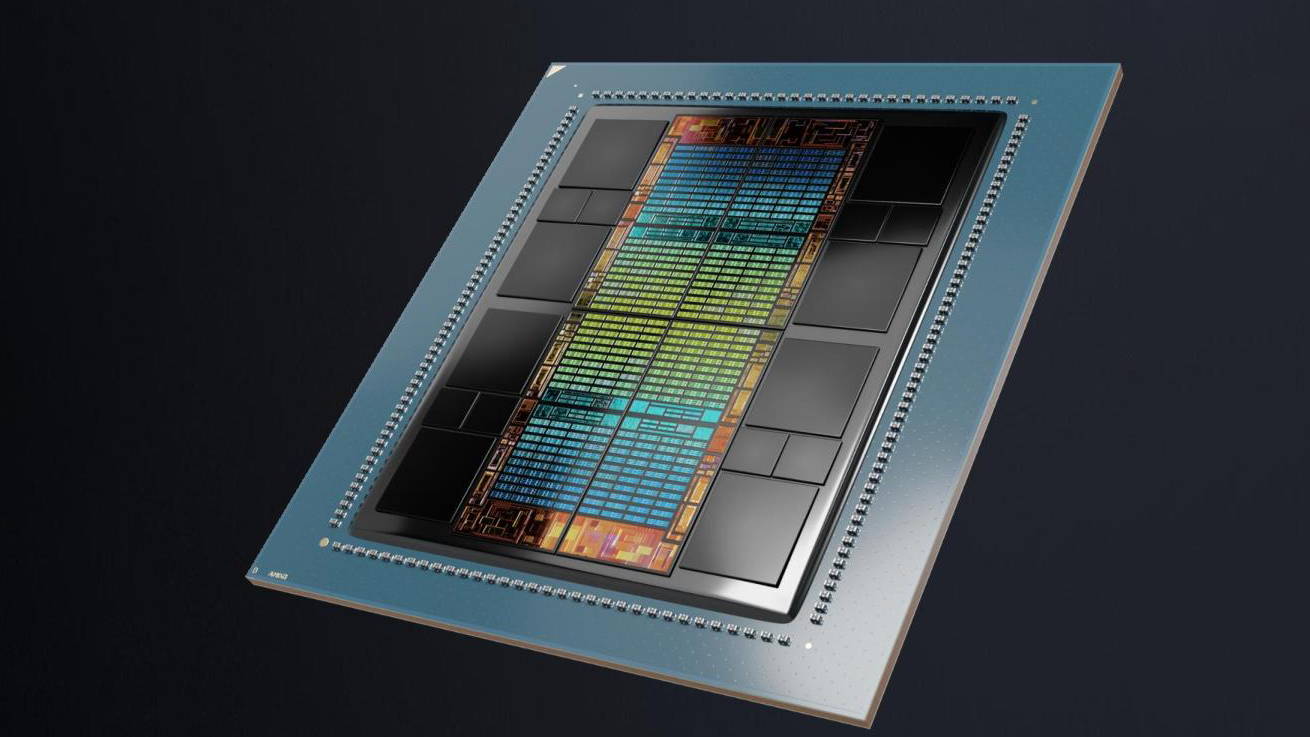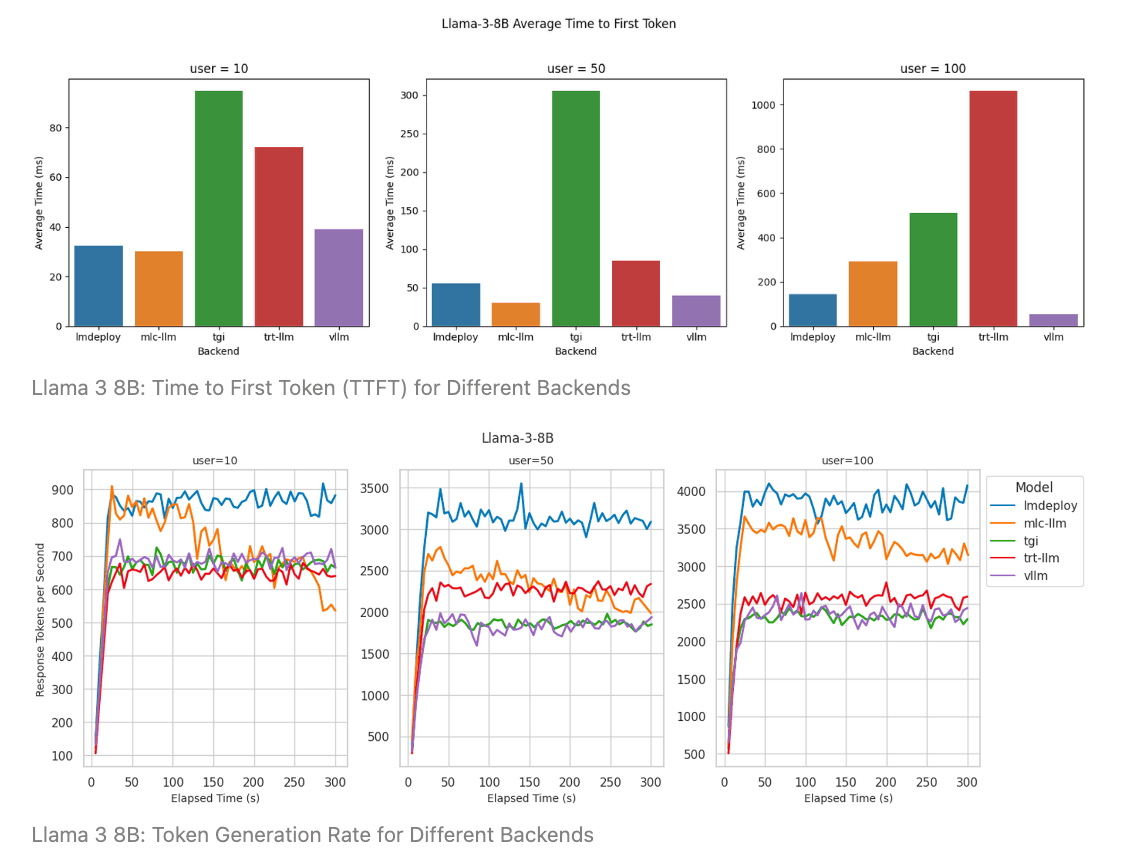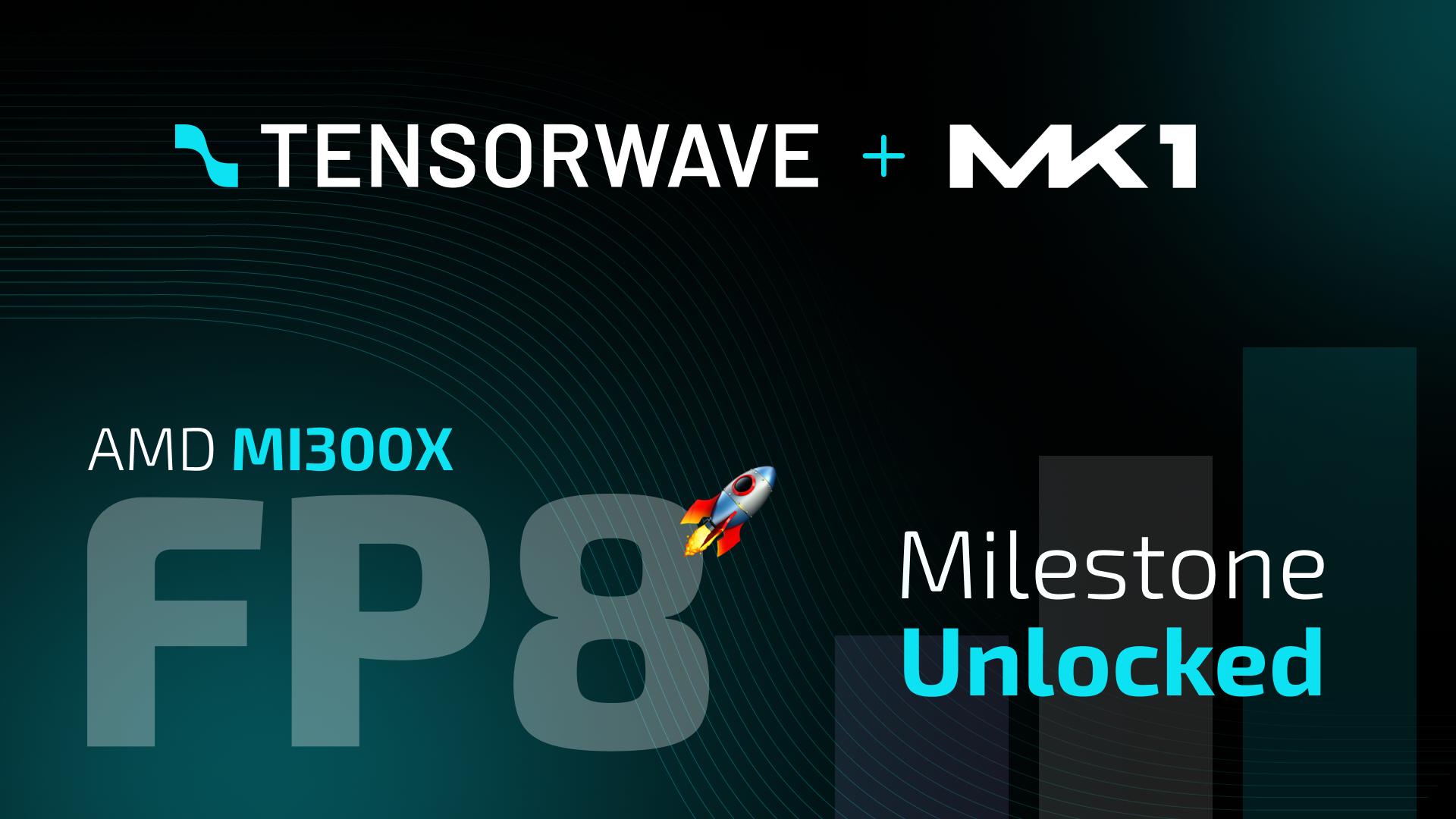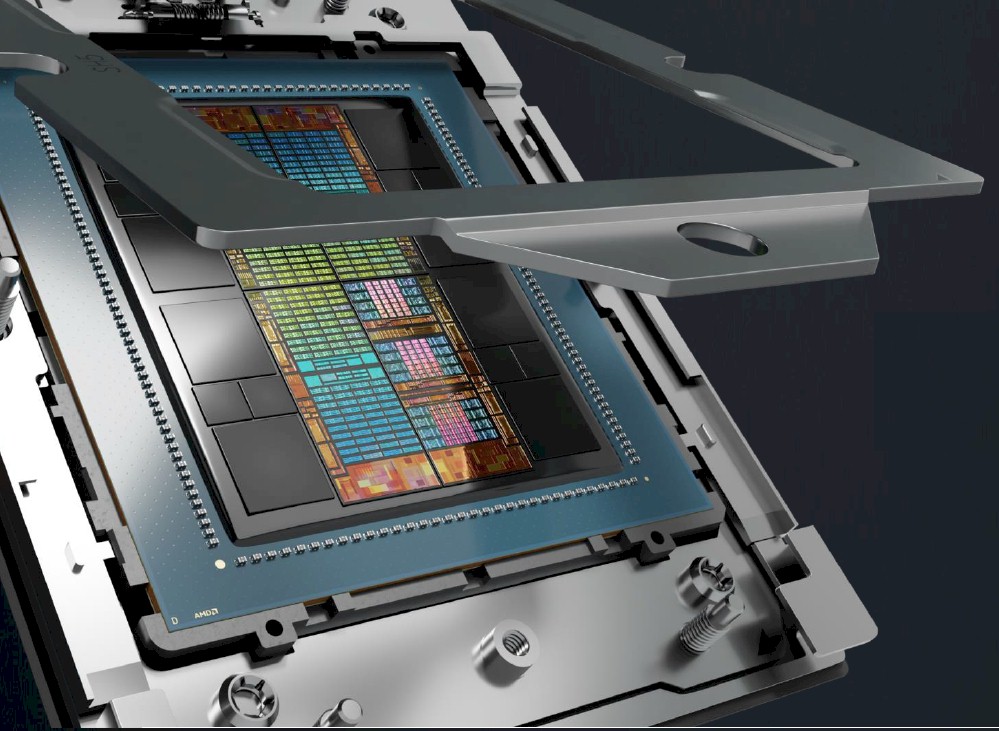DavidGraham
Veteran
Chips and Cheese is also comparing the MI300X primarily to the PCIe version of the H100, which is the weakest version of the H100 with the lowest specs
Chips and Cheese also mentions getting specific help from AMD with its testing, but doesn't appear to have received equivalent input from Nvidia, so there could be some bias in the benchmark results
The introduction says, "We would also like to thank Elio from NScale who assisted us with optimizing our LLM runs as well as a few folks from AMD who helped with making sure our results were reproducible on other MI300X systems." No mention is made of any consultation with any Nvidia folks, and that suggests this is more of an AMD-sponsored look at the MI300X

AMD MI300X performance compared with Nvidia H100 — low-level benchmarks testing cache, latency, inference, and more show strong results for a single GPU
MI300X has a very strong architecture, based on testing by Chips and Cheese.





